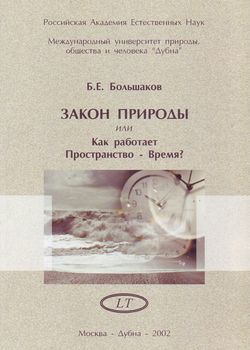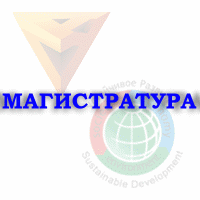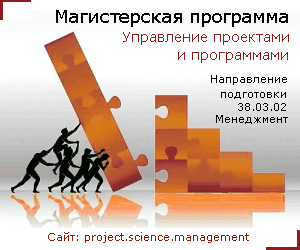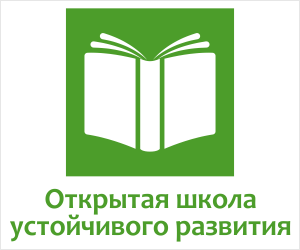Karpachev Alexander Alexandrovich, head of the public “Institute for the study and development of scientific and public heritage of G.A. Shichko” at the Eurasian Health Association, Chairman of the Interregional public organization for the promotion of a healthy lifestyle “Union of struggle for national sobriety” (MOO “SBNT”)
Golovin Andrey Arkadievich, CEO Union of non-profit organizations in the field of prevention and health “Eurasian Association of Health”, director of the Center for Designing Sustainable Development of Civil Society Institutions, State University of Management
Abstract
The article considers the theory of psychological programming developed by the famous Soviet physiologist G.A. Shichko. The theory explains the nature of human social behavior, the formation and development of negative (harmful) and positive habits, including smoking, drunkenness, alcoholism, and drug addiction. On the basis of the theory, a method of de-alcoholism for getting rid of alcohol dependence was developed, which was called the “Shichko method” and contributed to the liberation of tens of thousands of citizens from alcoholism. The article also presents the main results of scientific research and practical developments of G.A. Shichko, which made it possible to strengthen the prevention of mental addictions at the turn of the XX-XXI centuries. The study of higher nervous activity made it possible for G.A. Shichko to develop a new scientific direction called “gortonovika”, which specializes in studying the possibilities of beneficial influence on a person by purposeful speech. Gortonovika is focused on the development of various spheres of human activity, including training, education, treatment of diseases and addictions.
KEYWORDS: psychological programming, habits, social behavior, prevention, sobriety, alcohol, hortonovics.
Download article THEORY OF PSYCHOLOGICAL PROGRAMMING AND RESULTS OF SCIENTIFIC AND PRACTICAL ACTIVITY OF G.A. SHICHKO![]()

 ПОСЛЕДНИЕ ЭКЗЕМПЛЯРЫ ТИРАЖА
ПОСЛЕДНИЕ ЭКЗЕМПЛЯРЫ ТИРАЖА





